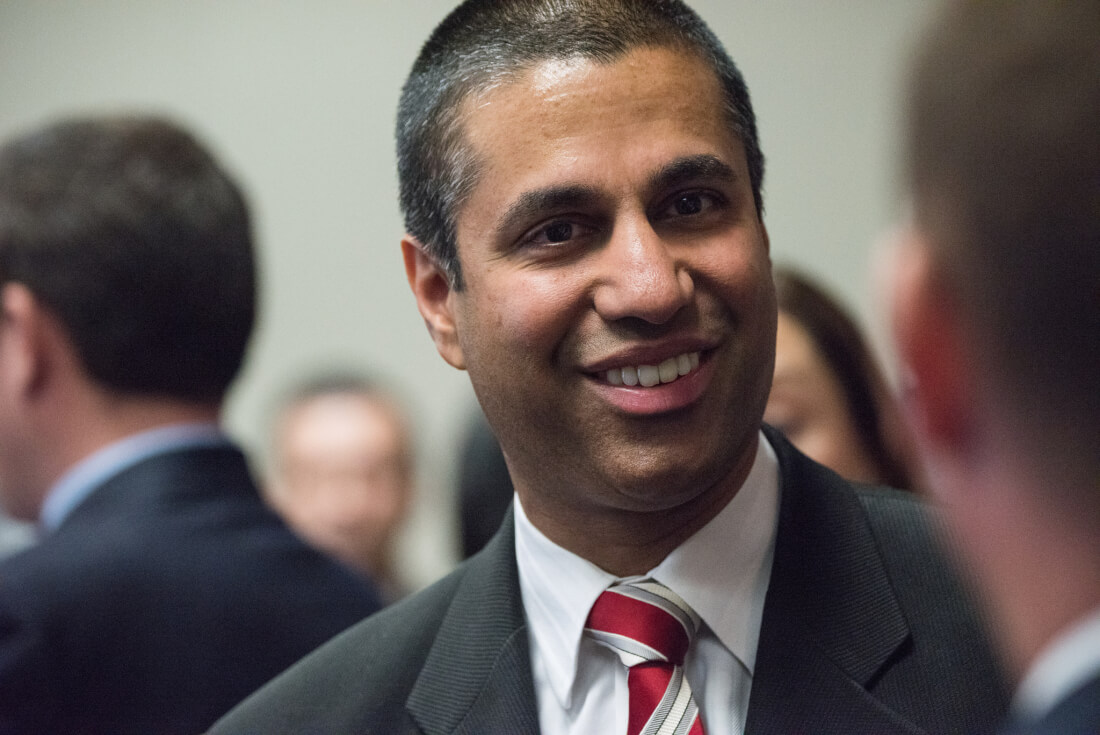Access to high-speed internet is something many of us tend to take for granted. However, according to 2016 reports, a significant one third of America's rural population does not have access to this near-essential tool. While efforts have been made on the part of the government, tech companies, and internet providers to expand network opportunities in these areas, little overall progress has been achieved thus far.
Following his role in the controversial vote to roll back Title II net neutrality protections last December, FCC Chairman Ajit Pai is likely the last person most people would expect to come up with a solution to the issue. Yet that's precisely what he seems interested in doing, if a recent statement issued by his office is anything to go by.
"Closing the digital divide is the FCC's top priority..."
The statement alludes to a proposed order that could "provide over $500 million in additional funding for cooperatives and small rural carriers" while also putting in place "strong new rules" to prevent abuse of this program. Furthermore, it claims that Pai's order will "[propose] several reforms to the FCC's high-cost program to improve its effectiveness" throughout Tribal lands.
The statement includes a direct quote from Pai regarding his proposal:
"Closing the digital divide is the FCC's top priority. A key way to reach this goal in rural America is updating the FCC's high-cost universal service program to encourage cooperatives and other small, rural carriers to build more online infrastructure. We need more deployment in sparsely populated rural areas if we're going to extend digital opportunity to all Americans.
But I've heard from community leaders, Congress, and carriers that insufficient, unpredictable funding has kept them from reaching this goal. With the $500 million in new funding provided by this order, we'll boost broadband deployment in rural America and put our high-cost system on a more efficient path, helping to ensure that every American can benefit from the digital revolution."
While the proposal sounds like a step in the right direction, Pai's office has not yet offered details regarding how the plan will work in practice.
